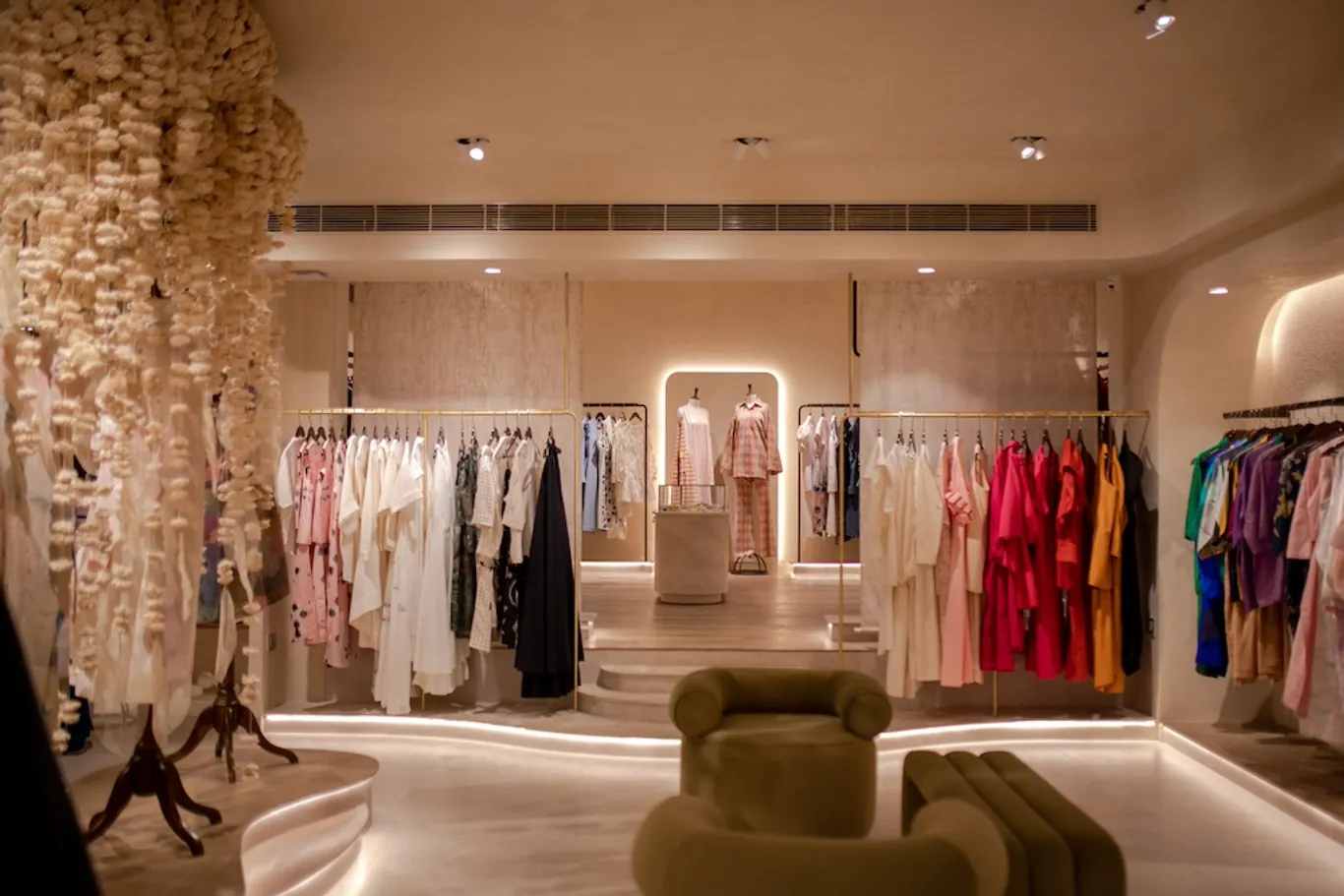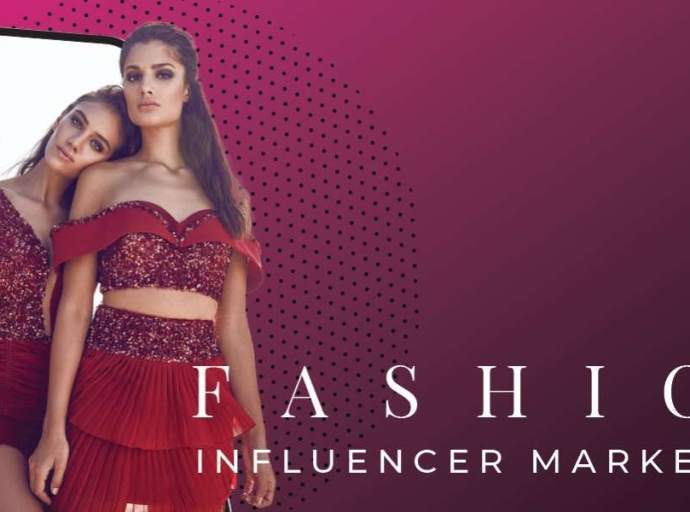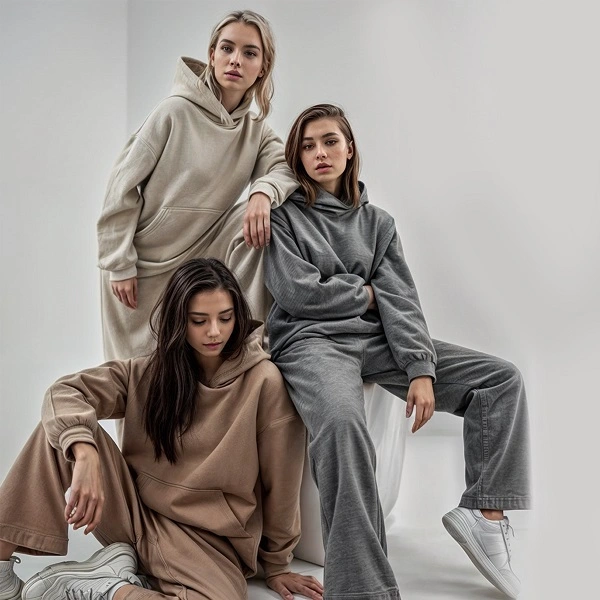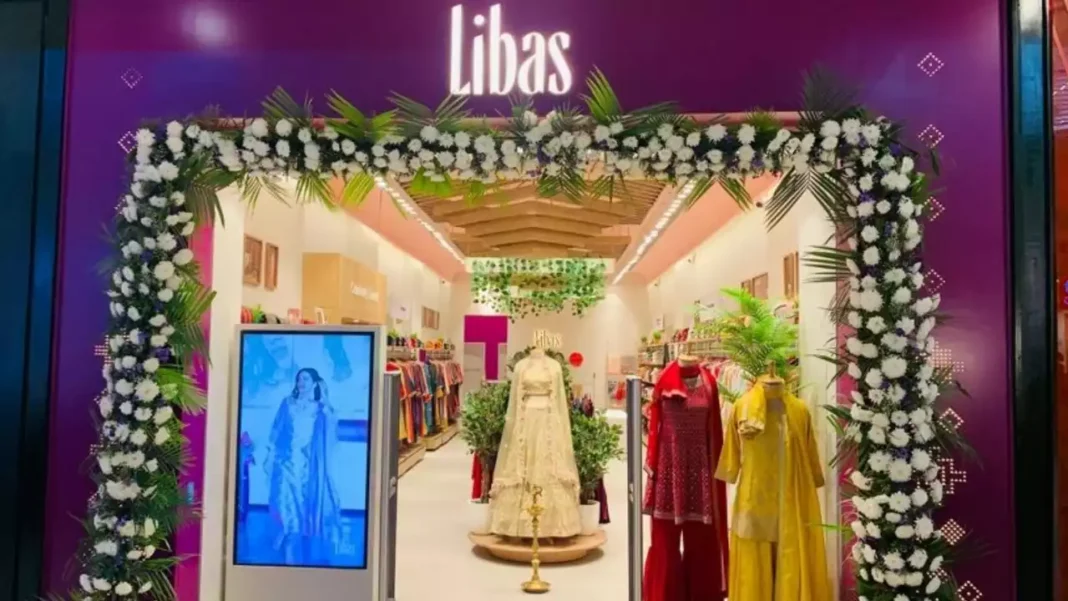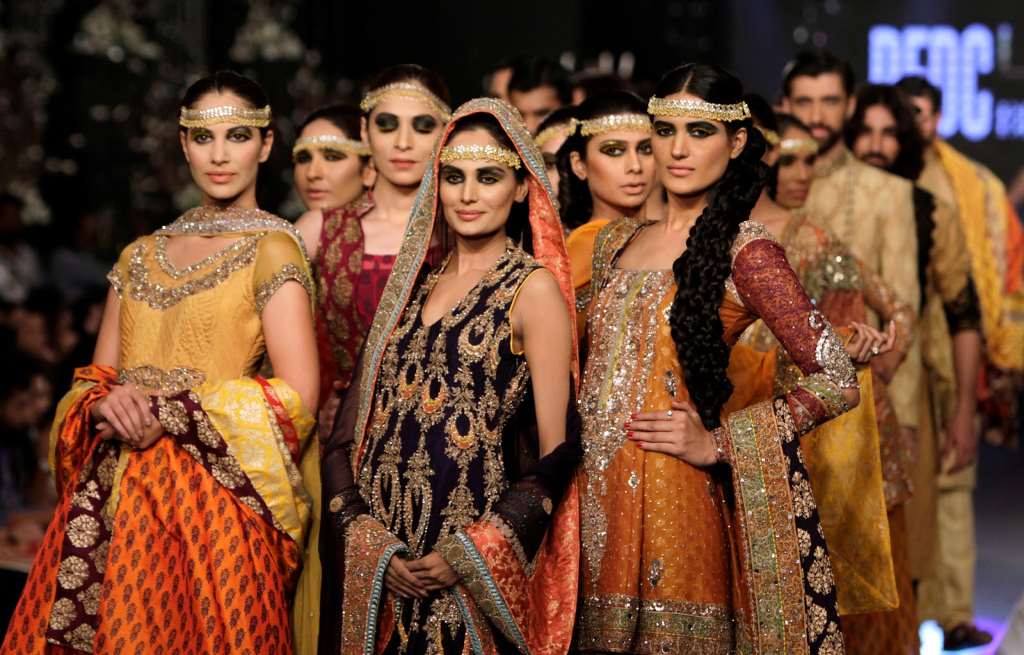India’s luxury market is projected to be worth$90 billion by 2030, a staggering 3.5 times its current size, says a report by Bain & Co, a consulting major. Covering a range of products from personal luxury goods to home decor, the luxury goods market in India is poised for remarkable growth. And within this landscape, personal luxury goods alone constitute a $4 billion market.
Key findings
The study states, Indian luxury market is experiencing a boom, driven by a growing number of ultra-high net worth individuals (UHNWI) and a rising middle class. The market is expected to reach $85-90 billion by 2030, making it the world's fastest-growing luxury market.
There is a significant evolution in India's luxury market, marked by a surge in HNIs and UHNWIs. Notably, there is now a shift, with consumers, who once sought luxury abroad, turning their attention to India," says Anurag Mathur, partner at Bain & Co.
E-commerce is playing a big role in the luxury market, making it more accessible to consumers across India. One major catalyst for growth are consumers who are increasingly looking for experiences and meaningful stories behind luxury products. There is a growing demand for luxury cars, homes, and jewellery with both established and emerging brands vying for a piece of the pie. In fact, in 2023, luxury car sales witnessed a record high of 42,731 units, a 20 per cent year-on-year increase. What’s more, as per real estate consultancy JLL India reports a 51 per cent growth in sales of luxury homes valued at Rs 50 crore and above in 2023.
Growth drivers
Rise of the affluent middle class is one major catalyst. Increasing disposable incomes and aspirations are leading more people to seek luxury goods. The study reveals, the number of UHNWIs with assets exceeding $1 million is projected to reach 16.5 lakh by 2027, up from 7.9 lakh in 2022. Then there is this trend of ‘revenge spending’ post-pandemic is fuelling indulgence in luxury purchases.
Meanwhile, expansion of e-commerce platforms like Tata CLiQ Luxury are making luxury goods more accessible to a wider audience. This coupled with opening of ultra-luxury retail destinations like Jio World Plaza in Mumbai is attracting global brands and offering a world-class shopping experience.
Booming demand across sectors
In fashion segment, global luxury brands like Louis Vuitton, Dior, and Gucci are witnessing robust sales, while domestic designers like Sabyasachi Mukherjee are expanding their reach. Similarly in jewellery sale of Bulgari's mangalsutra, a traditional Indian necklace, have been brisk, reflecting a growing appreciation for local design elements within the luxury segment. "We are probably the only global jeweller to have Indian products such as the mangalsutra and the kada," says Jean-Christophe Babin, CEO of Bulgari. Swiss watch exports to India jumped 16 per cent in 2023, and retailers like Ethos Watch Boutiques are experiencing significant growth. In cars, luxury carmakers such as Mercedes-Benz, Audi, and BMW reported stellar sales figures in 2023, with the overall segment growing by 28 per cent.
Challenges and the road ahead
One major challenge is the limited quality retail space. India needs more high-end infrastructure to accommodate the growing demand for luxury brands. Also, luxury brands need to stay updated on the changing tastes and aspirations of Indian consumers. “Infrastructure and distribution channels required for a luxury boom are still a challenge, but once we bridge that gap, India will be on the rise,” says Sabyasachi Mukherjee, Indian fashion designer.
The Indian luxury market is poised for continued growth, due to a combination of factors. With increasing affluence and a growing appetite for luxury goods, India is expected to become a major player in the global luxury market. However, addressing infrastructure challenges and providing a seamless customer experience will be crucial for sustained growth.


